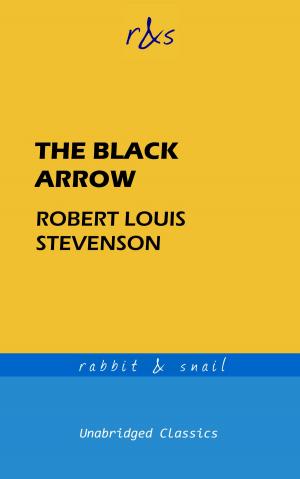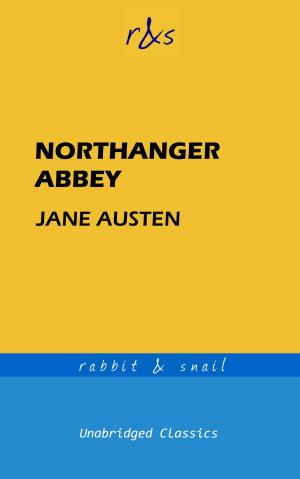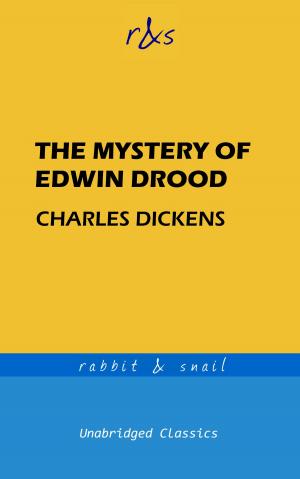| Author: | Jane Austen | ISBN: | 1230000259222 |
| Publisher: | rabbit & snail | Publication: | August 9, 2014 |
| Imprint: | Language: | English |
| Author: | Jane Austen |
| ISBN: | 1230000259222 |
| Publisher: | rabbit & snail |
| Publication: | August 9, 2014 |
| Imprint: | |
| Language: | English |
Although Jane Austen wrote Lady Susan in 1794, she did not submit it for publication herself, it was not published until 1871. The book deviates significantly from Austen’s other work, adopting an epistolary style, using a series of letters to tell the story of the widowed Lady Susan’s efforts to find a husband for herself and for her daughter.
Sense and Sensibility was originally written in the same style, but was later changed to conventional prose by Austen. The book adopts much of the same approach to character study and discussion of contemporary moral issues, but the character of Lady Susan deviates from much of the literature of the time, instead of being the charming heroine of other titles, she is selfish, cunning woman, who uses her attraction to men to help her ensnare a husband while, at the same time, having a relationship with a married man.
Austen goes against many of the traditional themes of the romantic novel, Lady Susan is beautiful, intelligent and amusing, she actively seeks men much younger than she is, which contrasts markedly with Sense and Sensibility and Emma, where the heroines marry older men.
Published posthumously, Lady Susan provides an insight into Jane Austen’s own character and illustrates her skill and capability as a writer.
Although Jane Austen wrote Lady Susan in 1794, she did not submit it for publication herself, it was not published until 1871. The book deviates significantly from Austen’s other work, adopting an epistolary style, using a series of letters to tell the story of the widowed Lady Susan’s efforts to find a husband for herself and for her daughter.
Sense and Sensibility was originally written in the same style, but was later changed to conventional prose by Austen. The book adopts much of the same approach to character study and discussion of contemporary moral issues, but the character of Lady Susan deviates from much of the literature of the time, instead of being the charming heroine of other titles, she is selfish, cunning woman, who uses her attraction to men to help her ensnare a husband while, at the same time, having a relationship with a married man.
Austen goes against many of the traditional themes of the romantic novel, Lady Susan is beautiful, intelligent and amusing, she actively seeks men much younger than she is, which contrasts markedly with Sense and Sensibility and Emma, where the heroines marry older men.
Published posthumously, Lady Susan provides an insight into Jane Austen’s own character and illustrates her skill and capability as a writer.















